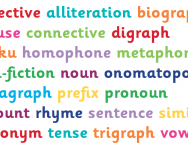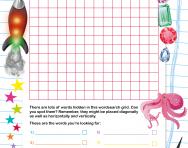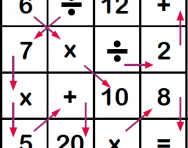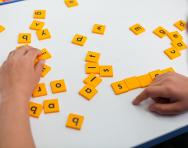10 ways word puzzles can help your child
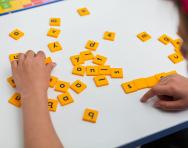
As a child, chances are you spent hours on end poring over puzzle books, solving word searches, anagrams and crosswords. Today’s kids may be more likely to lose hours to computer games, but word puzzles are still a great way to pass the time and boost their learning. Here’s why they’re a good thing for your child to get hooked on.
1. They help with spelling
Word games can help to reinforce spellings in your child’s mind, particularly in the case of puzzles like crosswords, where it’s crucial to spell linked words correctly to be able to complete the task. You can also use word puzzles to inject a bit of fun into learning spellings, for example by making anagrams of this week’s words for your child to unscramble.
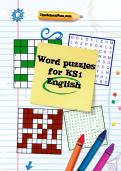
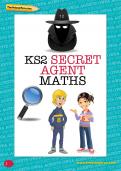
Claim four puzzle packs today!
- KS1 & KS2 Word Puzzle Packs
- Numeracy Puzzle Packs for KS1 & KS2
- Challenging and exciting | Boost key skills
2. They make your child work faster
Word puzzles help to improve children’s processing speed, so they are able to arrive at the correct answer, faster. Even very bright children can sometimes be slow at processing, but it can be improved with practice. And practising through word puzzles doesn’t just help with literacy: it's also beneficial to other classroom tasks that require quick thinking, such as mental maths.
3. They boost working memory
Working memory is the ‘conductor’ of the memory system, helping both long-term and short-term memory to work together. Word puzzles such as crosswords and logic problems, where your child has to access vocabulary and definitions from memory, can help to improve working memory, which, in turn, can have a knock-on effect on learning and achievement.
4. They extend vocabulary
The more words your child encounters and understands, the broader their day-to-day vocabulary will become. Word puzzles are a great way to increase your child’s exposure to old and new vocabulary, and to think about the different definitions of words, especially if you encourage them to use a dictionary to look up any words they're unsure of.
5. They encourage problem-solving
Many word puzzles require not just a good vocabulary and a knack for spelling, but the ability to think logically and strategically. For example, crosswords make your child think about how the words interact on the grid, while code breakers encourage them to consider multiple possible solutions before hitting on the right one. Children often start out thinking that they can’t possibly tackle a problem, but by the time they’ve solved three or four clues, they’ve tuned in to what’s required. It encourages them to think outside the box.
6. They’re good for competitive kids
Whether your child is racing his sibling to see who can solve a puzzle fastest, or competing in an online spelling challenge against someone in Indonesia, word puzzles can encourage a healthy sense of competition, and provide an incentive for children who struggle with motivation. Boys, in particular, tend to like puzzles that have a competitive element, and trying, failing and trying again is also a good way to build up resilience and sportsmanship.
7. They’re fun for the whole family
Solving word puzzles can be a good opportunity to have some regular bonding time with your child, whether you’re helping a five-year-old find three-letter words in a word search or tackling The Times crossword as a family. You’ll also be modelling a love of language, which is then passed on to your child.
8. They appeal to techie kids
Doing word puzzles online or on a console can be a crafty way to make computer-mad kids more enthusiastic about words. They can also create a sense of community, with children playing with or against the peers around the world.
9. They help with test preparation
Many word puzzles help to develop the skills your child will need if they're sitting the 11+ or Year 7 CATs: verbal reasoning, vocabulary, problem-solving, spelling, grammar and memory. The more your child practises these skills, the faster they will become, meaning that on the day, they're able to think quickly and get through the entire paper in good time.
10. They’re portable (and cheap!)
A good old-fashioned puzzle book is a brilliant tool for those moments when you need a cheap, quiet and portable way to keep your child amused, whether that’s on a long journey or during the speeches at a wedding reception – and you can guarantee that you won’t get as many dirty looks as you would if they whipped out the iPad!
Look through all TheSchoolRun's word puzzles and number puzzles to find the right resources for your child and print a few out for a rainy day!

Give your child a headstart
- FREE articles & expert information
- FREE resources & activities
- FREE homework help

